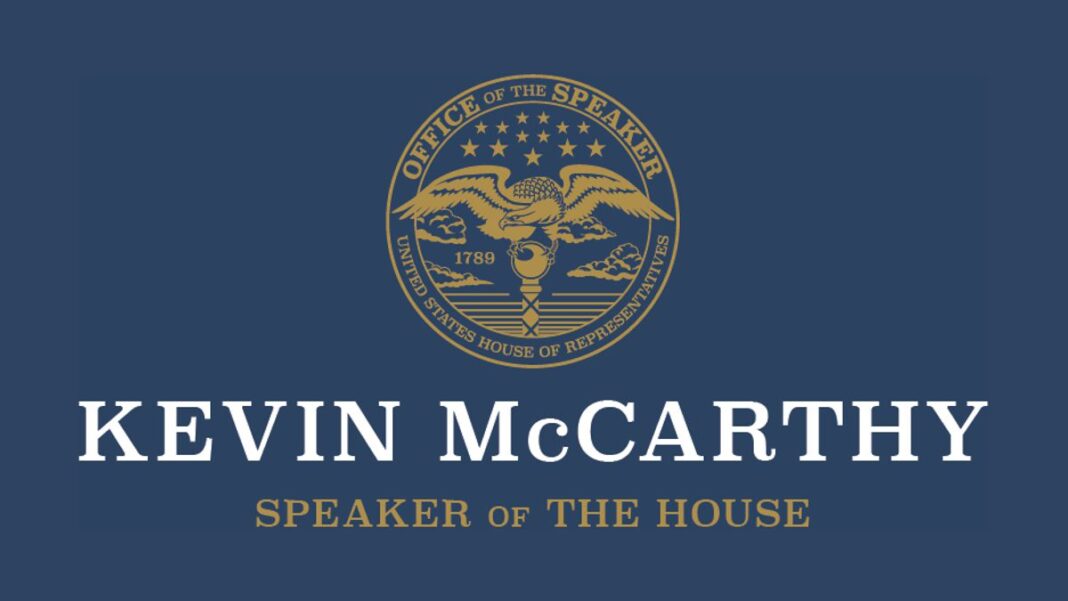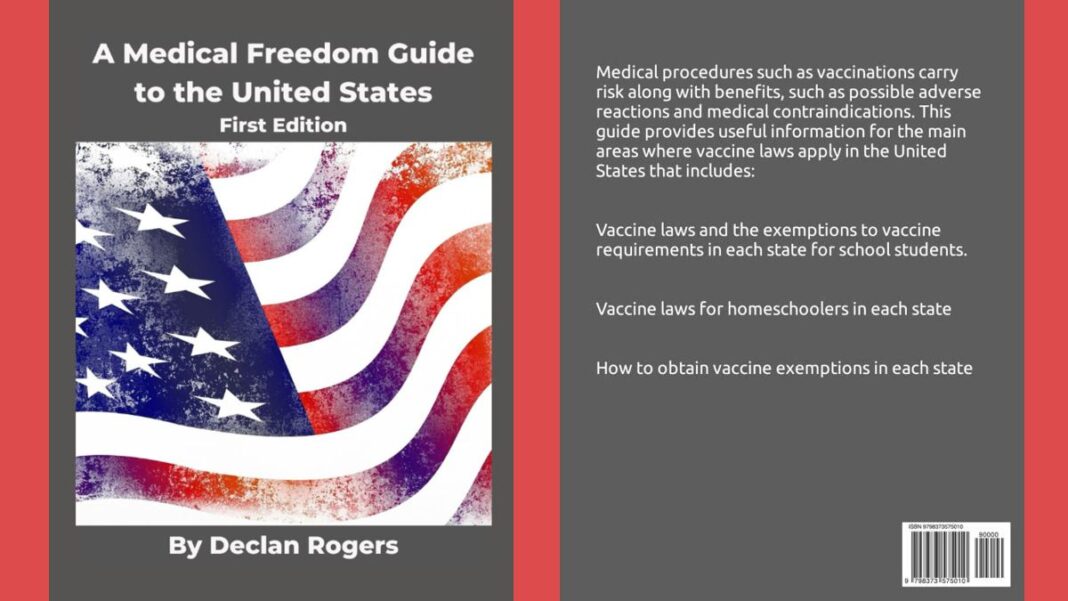House Speaker Kevin McCarthy (R-Calif.) released a list of Republican lawmakers who will serve on two select subcommittees to investigate the coronavirus pandemic, and the weaponization of the federal government.
McCarthy on Tuesday announced two lists of the GOP lawmakers’ names.
“The government has a responsibility to serve the American people, not go after them. Unfortunately, throughout Democrats’ one-party rule in Washington we saw a dangerous pattern of the government being used to target political opponents while they neglected their most basic responsibilities,” he said in a statement.
“The 118th Congress marks a new beginning for this institution. Republicans’ governing agenda will be based on transparency, accountability, and solutions,” McCarthy added.
“The Members selected to serve on these subcommittees will work to stop the weaponization of the federal government and will also finally get answers to the Covid origins and the federal government’s gain of function research that contributed to the pandemic.”
Per the House Rules for the 118th Congress adopted on Jan. 9, the House Select Subcommittee on the Coronavirus Pandemic is a select investigative subcommittee of the Committee on Oversight and Accountability, while the House Select Subcommittee on the Weaponization of the Federal Government is a select investigative subcommittee of the Committee on the Judiciary.
The two panels have broad investigative authorities.
Subcommittee on COVID-19 Pandemic
The House Select Subcommittee on the Coronavirus Pandemic will be chaired by Rep. Brad Wenstrup (R-Ohio). Other Republican members are Reps. Nicole Malliotakis (R-N.Y.), Mariannette Miller Meeks (R-Iowa), Debbie Lesko (R-Ariz.), Michael Cloud (R-Texas), John Joyce (R-Penn.), Marjorie Taylor Greene (R-Ga.), Ronny Jackson (R-Texas), and Rich McCormick (R-Ga.).
Per the House Rules, the select subcommittee is “authorized and directed to conduct a full and complete investigation” and issue a report by Jan. 2, 2025, to the House on: the origins of the COVID-19 pandemic, including the federal government’s funding of gain-of-function research; any waste, fraud, or abuse of taxpayer funds and relief programs; the development of vaccines and treatments, and vaccination policies for federal employees and the military; the economic impact of the pandemic and government response; the societal impact of the decision to close schools; executive branch policies and actions, including internal and external communications related to the COVID-19 pandemic; and more.







